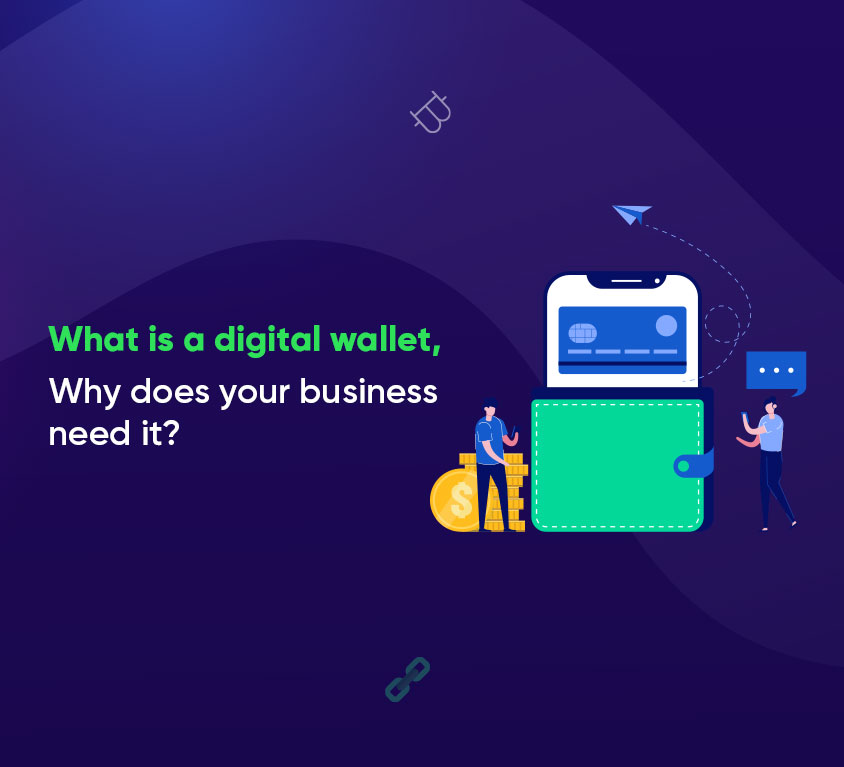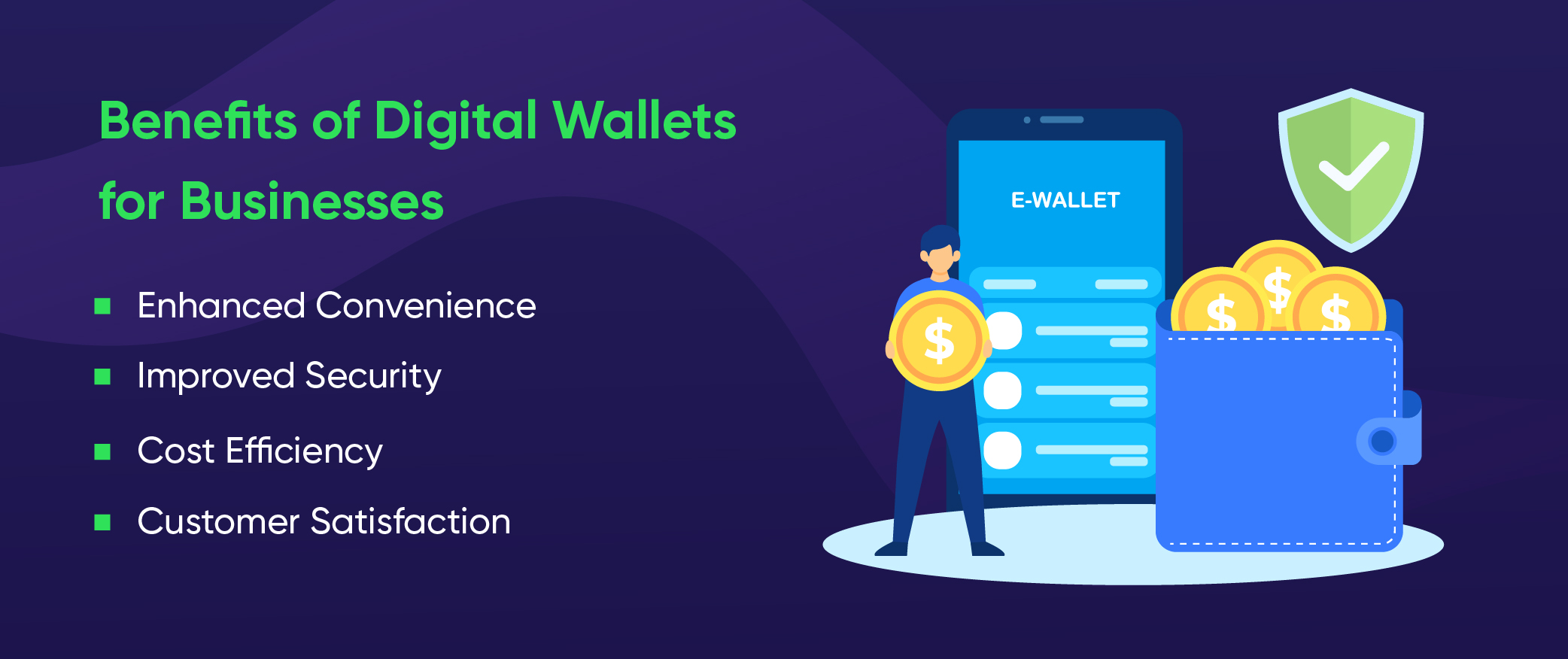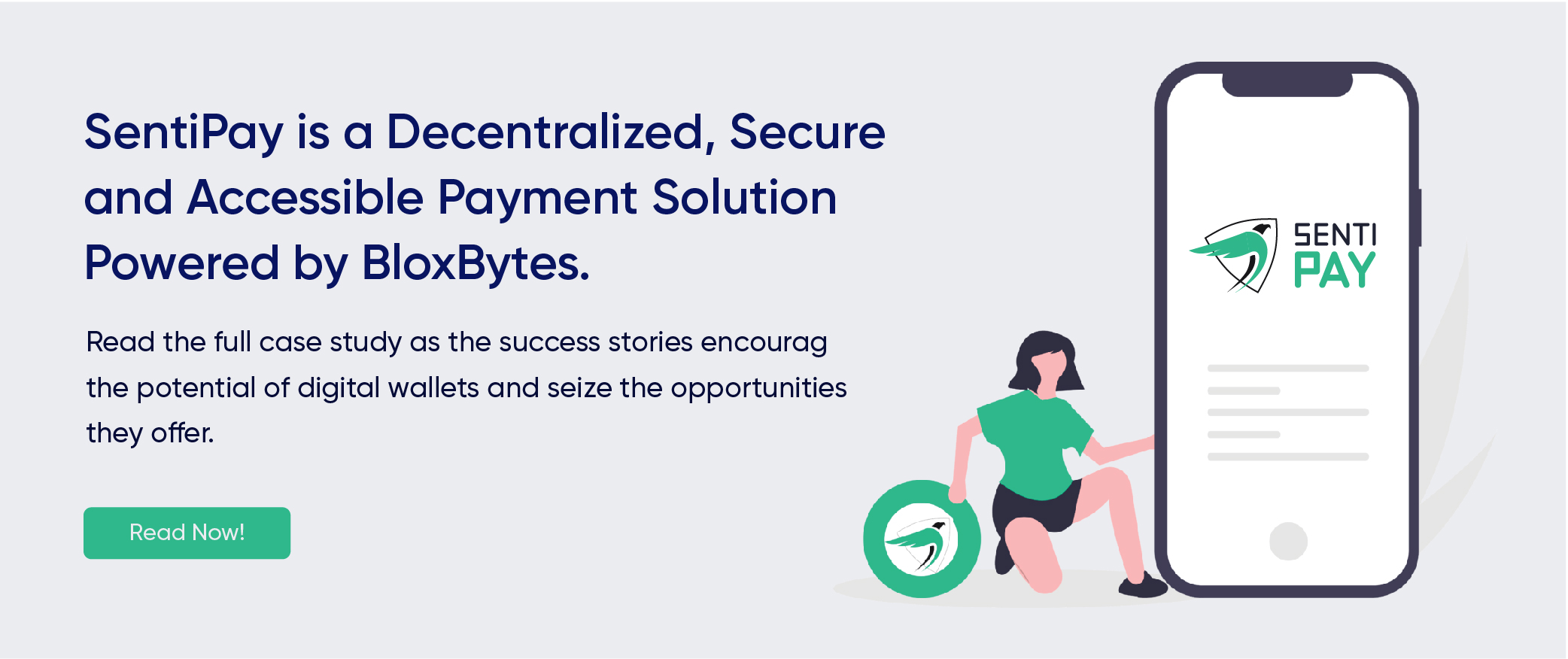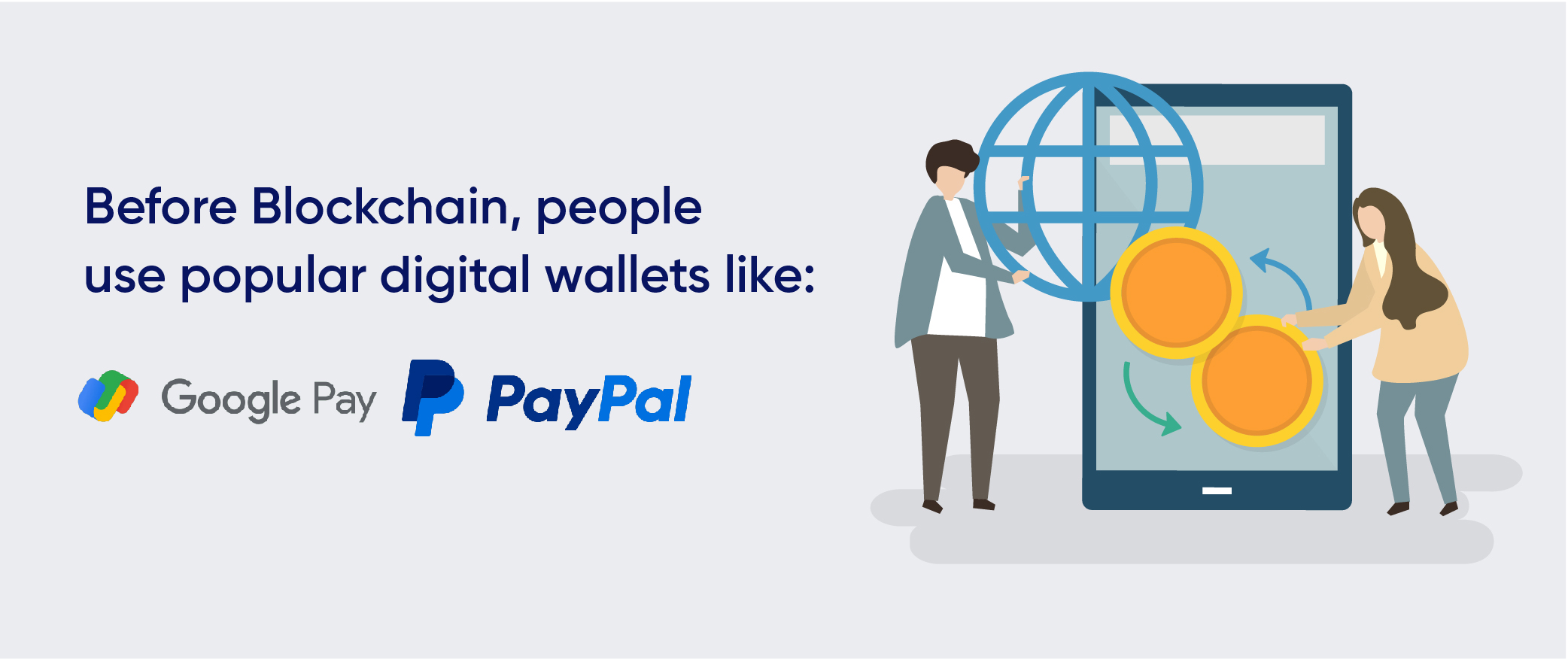
Introduction
Blockchain & Web3 Services Trusted By Leaders
- Develop innovative solutions using our state-of-the-art blockchain expertise.
- Achieve accelerated growth with robust & scalable Web3 consulting.
- Unlock 360-degree security with our top-rated blockchain development.
What is a digital wallet: Why does your business need it?
Do you know what is a digital wallet? The digital world is evolved and the idea of it has revolutionized the procedure of transacting and managing our finances. Since we started depending on mobile devices and the blockchain rises, wallets have become a convenient and secure solution for business. In this blog, we will explore everything about;- The world of digital wallets
- What they are?
- How does a digital wallet work?
- Why your business should consider adopting this innovative payment solution?
What is a Digital Wallet or a Mobile Wallet?
A mobile wallet, also known as a digital wallet, is a virtual wallet that resides on a mobile device such as a smartphone or tablet. It allows users to store their payment card information, loyalty cards, and other financial details securely. With a mobile wallet, users can make purchases, send and receive money, and access various services, all from their mobile devices. It eliminates the need to carry physical cards or cash, providing a convenient and streamlined way to manage transactions on the go.The Evolution of Wallets
In a world dominated by physical wallets, people carried around stacks of cash, credit cards, and loyalty cards. At that time wallets were bulky, often overflowing with receipts and crumpled bills. But as technology advanced, a new chapter in the story of wallets began.From Physical to Digital
When smartphones became an essential part of our daily lives, the idea of a digital wallet started to take shape. However, wallets promised a more convenient and streamlined way of managing our finances. People sought ways to simplify their lives and declutter their physical wallets. As a result, the concept of a digital wallet emerged as a solution, allowing individuals to store their payment information digitally on their mobile devices.The Rise of Mobile Wallets
With the evolution of technology, the functionality of digital wallets enhanced. They became more than just a storage space for payment cards. They transformed into powerful tools, capable of holding various forms of digital currency, including cryptocurrencies like Bitcoin and Ethereum.Advent of Blockchain
Digital wallets gained an additional layer of security and transparency with the advent of blockchain. The decentralized nature of blockchain provided users with a sense of trust, as transactions could be recorded and verified without the need for intermediaries. Thus, the evolution of digital wallets disrupted traditional financial norms. People no longer needed to carry physical cash or fumble for credit cards at the checkout counter. Instead, they could make payments swiftly and securely with just a few taps on their smartphones.Disrupting the Norms
From small local shops to global e-commerce giants, businesses saw the advantages of accepting digital payments. With just a mobile device and an internet connection, individuals can manage their finances, make purchases, and send money to friends and family with ease. In this digital age, where technology connects us in unprecedented ways, the story of digital wallets reminds us of the power of innovation and its ability to simplify our lives. So, whether you’re a business owner or an individual seeking convenience and security, consider embracing the digital wallet revolution and unlock a world of possibilities at your fingertips.
The Growing Adoption of Digital Wallets
Let’s discuss some important factors that are contributing to the adoption of digital wallets;1. Security
Traditional payment methods, such as cash or physical credit cards, carry the risk of loss or theft. Digital wallets, on the other hand, employ advanced encryption and authentication measures to safeguard sensitive financial information. With features like biometric authentication, such as fingerprint or facial recognition, digital wallets provide an additional layer of security, giving users peace of mind.
2. Cost efficiency
Implementing and maintaining physical payment infrastructure, such as point-of-sale terminals or cash registers, can be expensive. Digital wallets eliminate the need for such physical infrastructure, reducing operational costs and streamlining payment processes. Moreover, digital transactions are often more cost-effective than traditional payment methods, as they eliminate the need for paper-based receipts and manual processing.
3. Customer satisfaction
Today’s consumers expect convenience and seamless experiences across all touchpoints, including payments. By offering digital wallet options, businesses can meet these expectations and enhance customer satisfaction. Digital wallets provide a frictionless payment experience, allowing customers to make purchases quickly and easily, regardless of their location. This convenience and efficiency contribute to positive customer experiences and build loyalty.
4. Statistics and trends
According to recent studies, a significant percentage of businesses and consumers have embraced digital wallets as their preferred payment method. This shift is driven by the desire for convenience, security, and seamless integration of technology into daily life. These statistics highlight the growing acceptance of digital wallets and signal a shift toward a cashless society.

Real-life Fact About Digital Wallets
Did you know that as of 2021, over 80% of smartphone users in China utilize digital wallets as their primary payment method? This widespread adoption of digital wallets has led to a significant transformation in the country’s payment landscape. From street vendors to luxury boutiques, digital wallets have become ingrained in everyday transactions, making cashless payments the norm. This staggering statistic showcases the immense popularity and acceptance of digital wallets among Chinese consumers, highlighting their convenience, security, and seamless integration into daily life.Choosing the Best Digital Wallet
When selecting a digital wallet provider, it’s important to consider various factors that align with your business needs. Just like choosing a physical wallet, you want to ensure your digital wallet offers the right features and functionalities.Here are some key factors to consider:
- Security Features: Prioritize security when choosing a digital wallet. Look for features like encryption, multi-factor authentication, and biometric authentication to protect your digital assets.
- Compatibility: Digital wallets should be compatible with various platforms and devices. Ensure that the digital wallet you choose works seamlessly across different operating systems (iOS, Android, etc.) and supports the payment methods you intend to use.
- User Experience: Just as a well-designed physical wallet enhances your daily interactions, a user-friendly digital wallet can make your financial transactions smoother. Consider factors like ease of use, intuitive interfaces, and accessibility features when evaluating different digital wallet options.

Popular Digital Wallets
Some of the few examples of reputable blockchain-based digital wallets are listed below:- MetaMask: A browser extension wallet that allows users to interact with decentralized applications (DApps) on the Ethereum blockchain. It provides a secure and user-friendly interface for managing Ethereum-based tokens, accessing decentralized exchanges, and participating in blockchain-powered activities.
- Ledger Wallet: A hardware wallet that provides an extra layer of security for storing cryptocurrencies. It stores private keys offline, offering protection against online threats. Ledger Wallet supports a wide range of cryptocurrencies and allows users to manage their assets through a dedicated mobile app.
- MyEtherWallet (MEW): A popular web-based wallet specifically designed for managing Ethereum-based tokens. It offers a simple and intuitive interface, allowing users to create and access wallets, interact with smart contracts, and securely store their Ethereum assets.
- Trust Wallet: A mobile wallet designed for accessing decentralized applications and managing cryptocurrencies. It supports a wide range of blockchain networks, including Ethereum, Binance Smart Chain, and more. Trust Wallet prioritizes security and gives users full control over their private keys.
Conclusion
In this blog, we have discussed what are digital wallets and how does it work, and also other interesting facts including real-world examples of digital wallets. While sum up, it is evident from the above discussion that businesses should consider having a payment solution, and embracing digital transformation is crucial for businesses seeking to thrive in today’s fast-paced world. Because, by adopting a digital wallet, your business can unlock a range of benefits, from streamlined payment processes and enhanced security to improved customer experiences. However, at BloxBytes, we specialize in web3 and blockchain development services, empowering businesses to harness the full potential of digital wallets and transform their digital presence and value. Follow BloxBytes Journal for Insights!
Follow BloxBytes Journal for Insights!